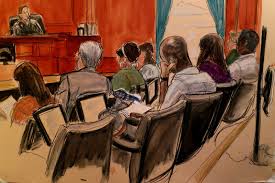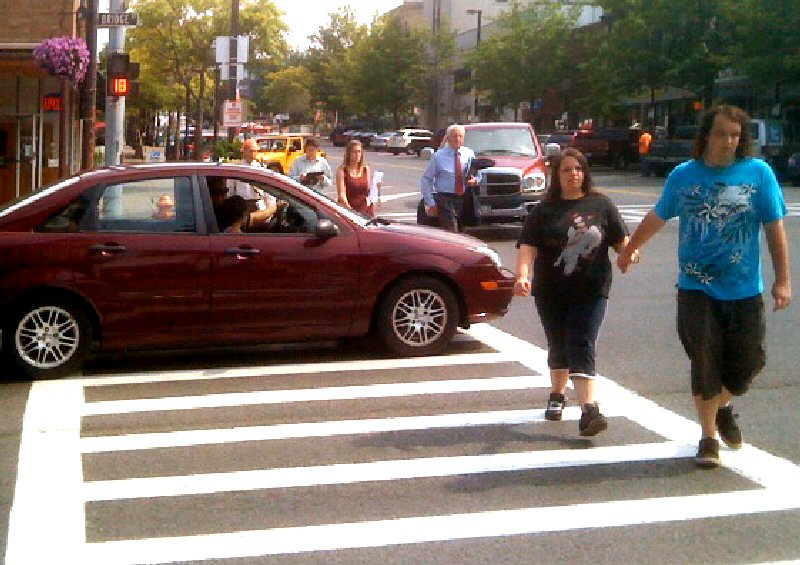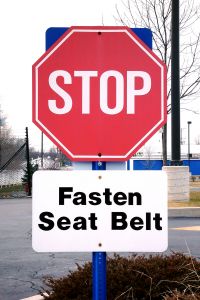
Well, I am writing from the witness room next to Courtroom 2F of the Fulton County State Court, Atlanta, Georgia. This has been my home-away-from-home for the last two weeks. I am waiting on a jury. This may be the most gut-wrenching time of a trial, although there are many. Trying personal injury cases in front of a jury is not for the feint-of-heart. This case is a medical malpractice case against an Atlanta hospital for the negligence of their nurses in inadequate monitoring of a 31 year old, post-surgical patient who had severe obstructive sleep apnea (OSA). The nurses failed to put a CPAP on him while he slept, even though there was an doctor’s order for a CPAP, then gave him a 3 mg. shot of Dilaudid, the strongest narcotic a nurse can deliver to a patient bedside, then the nurse went to lunch, leaving their patient completely unprotected without any monitoring. No pulse oximetry, no telemetry, no dedicated trained observer. You guessed what happened next, didn’t you? He obstructed, meaning his airway became completely blocked, due to the lack of the CPAP. He died. A 31 year old father of two boys and husband to my client.
The jury has deliberated now for a solid day. We are back for day #2 of deliberations after 7 days of trial. I have always said I trust the jury. And I do. But I can’t help but be nervous that justice is done for my client. The defense attorney is nice and good at his job. He never makes unforced errors so there are no gifts handed to you from a legal standpoint in such a trial. The judge, although a rookie, is great. She has done a fantastic job and if the jury doesn’t go our way it is not the judge’s fault. As trials go, this has been certainly a pleasant experience, right down to an extremely nice court reporter and Deputy who has made sure the judge and all of us, including our jurors, have been safe at all times. Thank you, Deputy! I appreciate you!
Medical malpractice cases are hard anywhere, but particularly hard here in Georgia. The deck is stacked against the plaintiff, legally, culturally and politically. Several things work against a medical malpractice plaintiff under Georgia law. The first that comes to mind is a presumption that doctors and hospitals acted with due care. No other profession and no other person gets the benefit of this type of presumption. It is special treatment for Georgia medical providers. It is unfair. The judge actually reads this presumption to the jury as Georgia law, even though the plaintiff has already rebutted the presumption by an affidavit of a qualified physician at the time the lawsuit is initiated with the Complaint. Presumption rebutted. The plaintiff further rebuts it with testimony from competent, qualified expert witnesses during trial. This is an evidentiary requirement in medical malpractice cases. Presumption rebutted. And yet the doctor still gets to have this law read to the jury as if there still may be some doubt that Plaintiff hasn’t yet rebutted the presumption. It is wrong and it is unfair.

 Atlanta Injury Lawyer Blog
Atlanta Injury Lawyer Blog






















